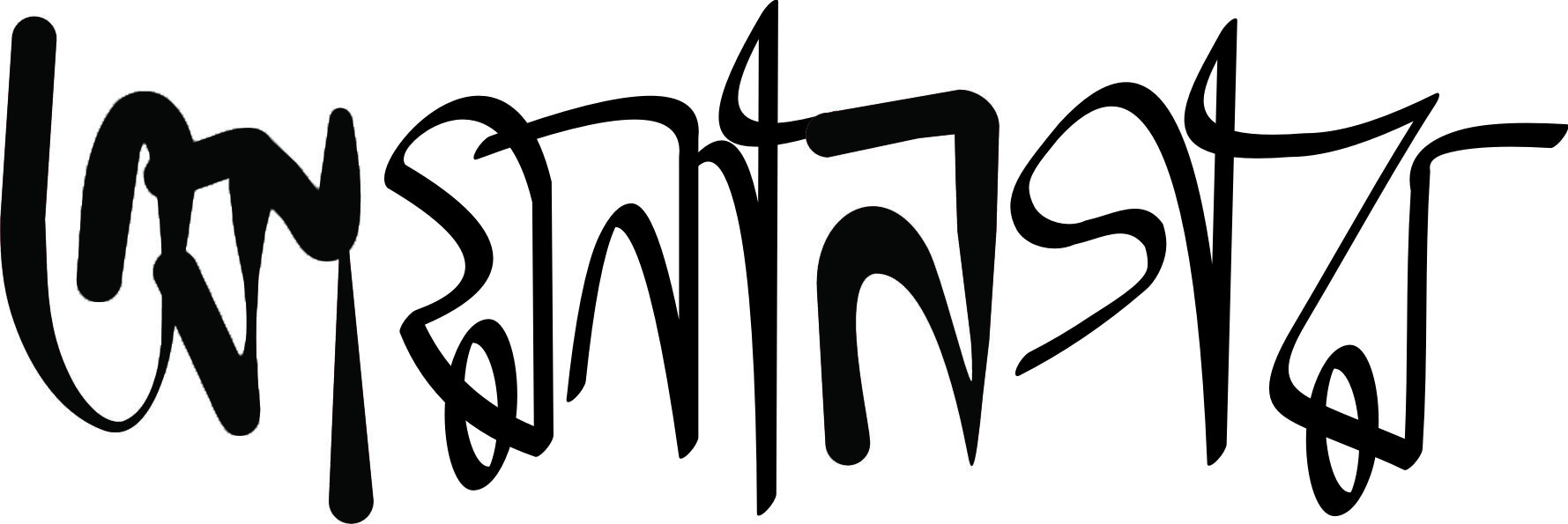Both of us Aainanagar editors are professional fault-finders, associated with research and education. And we both dwell in the realms of fiction, in different ways. There is a fashionable name for what we do: knowledge-production. Both of us are workers in the knowledge industry.
Consequently, when we invite our friends to write and draw for Aainanagar, when we read, comment, provide feedback on each others’ works, when we collate these writings to form into an issue, a knowledge ghost sits on our shoulders. We work hard to unzip ourselves from her, but rarely succeed. And since every failure brings with it loud proclamations, renunciations and self-eulogizations, we affirm ourselves by asking certain things. We try to be as loud as possible, as clear as possible. We ask, who gets to produce knowledge and how. Who funds what kind of knowledge and why. Where is knowledge produced. And last but not the least, what for fuck’s sake is knowledge.
So, what if we think of poems, stories, illustrations, memoirs and any other forms of genre-busting aesthetic work as knowledge? What if we think of a poem as congealed and concentrated theory on page? What if we think of a short story as doing a kind of diagnostic work that we have traditionally assigned to academic prose? What if we think of a memoir as a work of peeling apart what remains ordinarily invisible? What if we think of all the pieces in Aainanagar as little manifestoes?
Manifestoes claim and proclaim. Manifestoes are not afraid of anger. In fact, they celebrate anger. But, behind that anger, manifestoes also provide an analysis of what’s going on– in other words, the status quo. The social status quo, the familial status quo, the political status quo, the aesthetic status quo. And, then, the Status Quo that involves and implicates it all. And, in providing an analysis of that status quo, the manifestoes invite to break. To break is also to dream.
At Aainanagar, we are committed to this work of breaking. We encourage our friends to break as much as possible in whatever they do. Break whatever comes in the way– images, languages, memories, histories.
We admit, that’s our own way of showing our arrogant tongues to the knowledge ghost perched on our shoulders.
We are proud to be able to walk hand in hand with all our knowledge-miners of the July ’14 issue and the rest.
***
- Content
LITTLE MAGAZINE OF THE MONTH
ঠেক (এবং বক্তব্য: `ঠেক’-এর পক্ষ থেকে দ্যুতি মুখার্জি)
POETRY
Afsar – A Piece Of Bread, A Country, And A Shehnai (Translated From Telugu, By The Poet)
Madhushree Basu – আয়নানগর
Sanhita Bandyopadhyay – বন্ধুর জন্য কয়েক টুকরো
Soumitra Guha – কবিতাগুচ্ছ
Nandini Dhar – অবান্তর মুহূর্তের ইতিহাসবিদ
Arjun Chaudhuri – Our Homesteads (Translated from Bangla. Original: আমাদের ঘরবাড়ি, অমিতাভ দেব চৌধুরী )
NON-FICTION
Sucheta Dasgupta – Wings Of Grass – A Memoir
Koel Mitra – Culture And The Market: The Emergence Of Coffee Table Books
Gargi Sengupta – Literature Of The Chick, By The Chick, For The Chick?
Souvik Ghoshal – মুসলিম সমাজ সংস্কার ও রাজনীতি নিয়ে কিছু যুক্তি তর্ক
Rupa Aich – আমার কথা
FICTION
Avinaba Sarkar – pls. i beg you
Meera Srikant – Intimate Secrets – A Decalogue
TRAVELOGUE
Neeraja Sahasrabuddhe – Varkari – A People’s Festival Of Poetry, Philosophy And Spirituality
Kamal Lodaya – Eclipse At Tawang
PHOTOGRAPHY
Jigisha Bhattacharya – এমন দিনে তারে
Srikant Ranganathan – Everyday Colours
GRAPHICS
Ru Das – রু’র ছবি
VIDEOGRAPHY
Avinaba Sarkar – তিন পুরুষ (Three Generations) – short film
REVIEW
Sarbajaya Bhattacharya – রানী কাহিনী
Neeraja Sahasrabuddhe – World Before Her
- Illustrations
Sourav Dey – for A Piece Of Bread, A Country, And A Shehnai
Swarna Jana – for কবিতাগুচ্ছ
Koustabh Chakraborty – for অবান্তর মুহূর্তের ইতিহাসবিদ
Debi Das – for বন্ধুর জন্য কয়েক টুকরো
- Without whom, all this would be nowhere
We are thoroughly grateful to Chiranjib Paul for composing all the Bangla pieces. We thank Pramod Gupta, Soumyajit Pramanick, Sudip Manna, Somnath Mukhopadhyay for helping us in many different ways in bringing this issue out. We can never thank our illustrators enough, who are always given the shortest possible notice from our side to come up with their work. Special thanks to Little magazine `Thek’ (ঠেক), in particular Dyuti and Koel, who made us aware of this excellent magazine, gave us access to their archive and allowed us to scan and upload one of the issues of their magazine as our `Little Magazine of the Month’.
– Editors

This is a great attempt. E magazines are a reality of our times and Bengali literature or Bengal literature needs many such initiatives to connect globally. Best wishes.
Thank you Soumitra. And thanks once more for contributing for us.
knowledge speaks but wisdom listens. – Jimi Hendrix